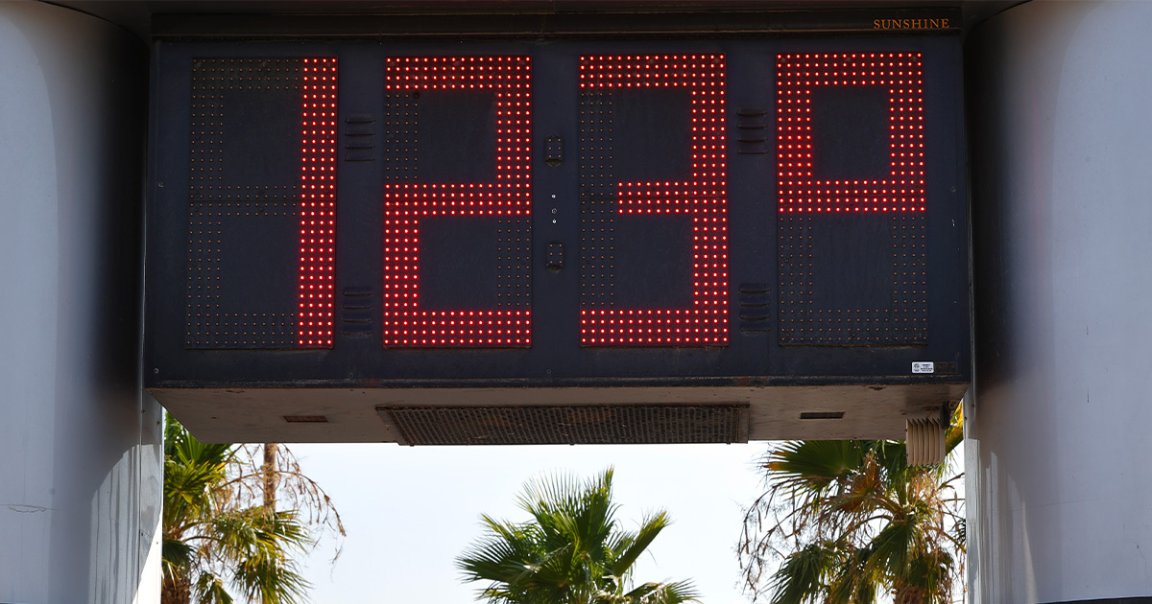
Out of the Frying Pan
A brutal heat wave that swept across the United States this week is estimated to have killed at least 28 people, The Washington Post reports, with that figure expected to climb as official investigations into the deaths continue.
So far, this is based solely on preliminary reports from just three states — California, Oregon, and Arizona — according to WaPo. The heat wave also scourged major east coast hubs like New York City, where it got so hot that a swing bridge got stuck open, but the broader extent of heat-related casualties on this side of the country is unclear.
California has accounted for most of the known death toll, with an ongoing heatwave seeing multiple records smashed as temperatures in several cities soared past 110 degrees Fahrenheit.
Most of the alarming headlines over the past week have come from either the Golden State and neighboring Arizona. Authorities are investigating the death of an infant who died after her parents took her boating on a 120 degree day; a motorcyclist dropped dead in the middle of riding through Death Valley; and ‘ALF’ star Benji Gregory reportedly died in his car due to heatstroke.
Some of these deaths are extreme cases — but not even folks who stayed inside were spared. In one county, at least eight apparently heat-related deaths were from people found in their homes — a dire portrait of how difficult this threat is to escape.
Casualty Count
As grim as this already sounds, experts stress that we’re still not getting the full picture because of the complicated nature of judging whether a death was heat-related. According to WaPo, they often can be misclassified as deaths due to heart failure, so the actual death toll is likely much higher.
In 2023, which was the hottest year ever recorded, the US reached over 2,300 heat-related deaths, the most ever in a single year. That’s up from 1,700 deaths the year before.
These deaths have been steadily climbing, WaPo notes. But scientists warn that we could see a catastrophic surge in the death toll as the heat — and the corresponding demand in AC — puts the power grid under stress, too.
One study found that a blackout during a nasty heat wave in Arizona alone could kill over 13,000 people. Shoring up our infrastructure against these threats will be important, but if we’re going to wake up people to the threat now, the need to accurately gauge heat deaths shouldn’t be overlooked.
“The extreme nature of the heat last summer and this summer has meant it’s in the forefront of everyone’s mind, including those in charge of classifying health outcomes and deaths,” Ashley Ward, director of the Heat Policy Innovation Hub at Duke University, told WaPo. “Awareness plays a critical role in this equation.”
More on extreme heat: It’s Getting So Hot That Medical Choppers Can’t Fly to Rescue People Dying From Heat